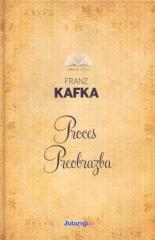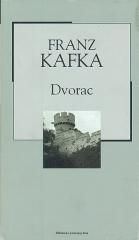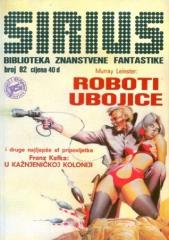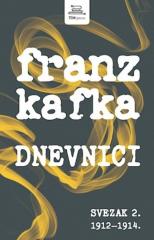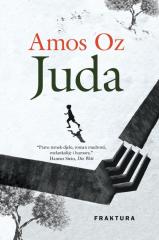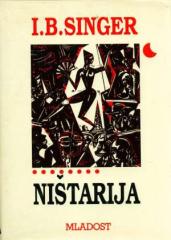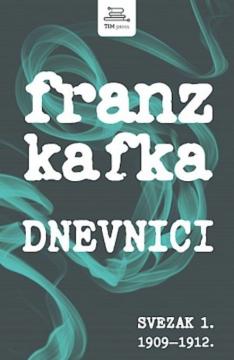
Dnevnici, 1. svezak: 1909-1912.
Kafka's diaries, published posthumously, reveal the inner world of an anxious genius. The first volume covers his early years, when Kafka worked as an insurance clerk in Prague, faced with a dreary life and literary ambitions.
These fragments, written mostly at night, are not diary entries in the classical sense, but a mosaic of thoughts, dreams, sketches and self-criticism – like the diary of a soul on the edge of existence.
1909 begins with descriptions of night walks in Prague, meetings with friends like Max Brod and family dinners. Kafka records the absurdity of everyday life: "Life is only a dream, and a dream is only a dream." He reflects on marriage, sexuality and Jewish identity, with a touch of humor and irony. 1910 goes deep into writing: "What is writing? It is as if one opens and closes oneself." Sketches such as "Description of the Struggle" announce "The Trial" and "The Castle". Dreams of suffocation, persecution and lack of communication reveal a deep loneliness.
1911 brings trips to Paris and Italy, where Kafka describes the Louvre and Venice with a mixture of despair and beauty: "Everything is a lie, only art is true – but even that is false." The meeting with Felice Bauer in 1912 marks a turning point: love letters and diary monologues about the fear of intimacy ("I am nothing, she is everything"). The tyranny of the father is emphasized in fragments that culminate in "Letter to Father" (1919, but the roots are here). Themes: guilt, alienation, the struggle with the body and language.
These diaries are the key to understanding Kafka's world – a labyrinth of fear and creative fire. They are not just intimate snippets, but foreshadowings of modern man: a prisoner of his own head. The volume ends on the threshold of "Doomsday", hinting at the darker note of his later years.
One copy is available
